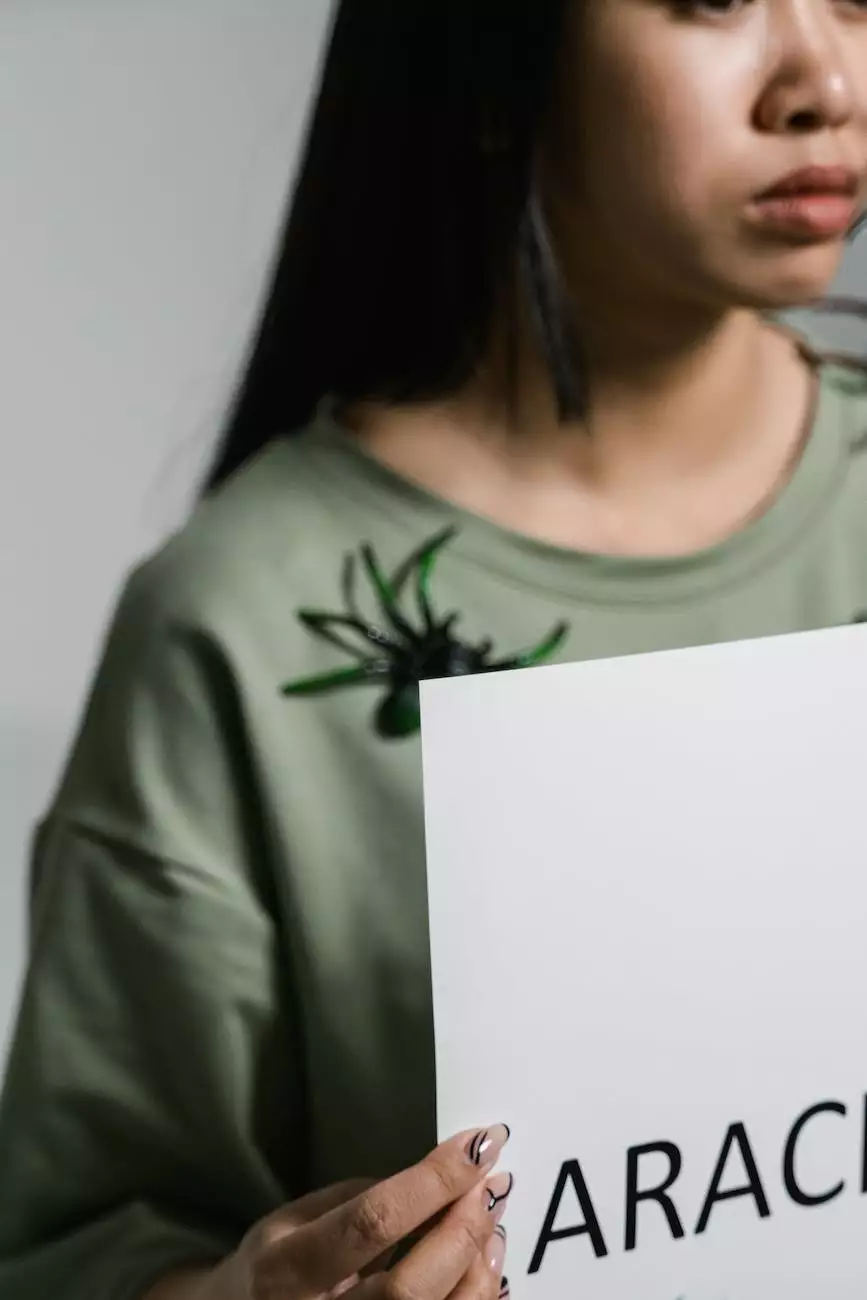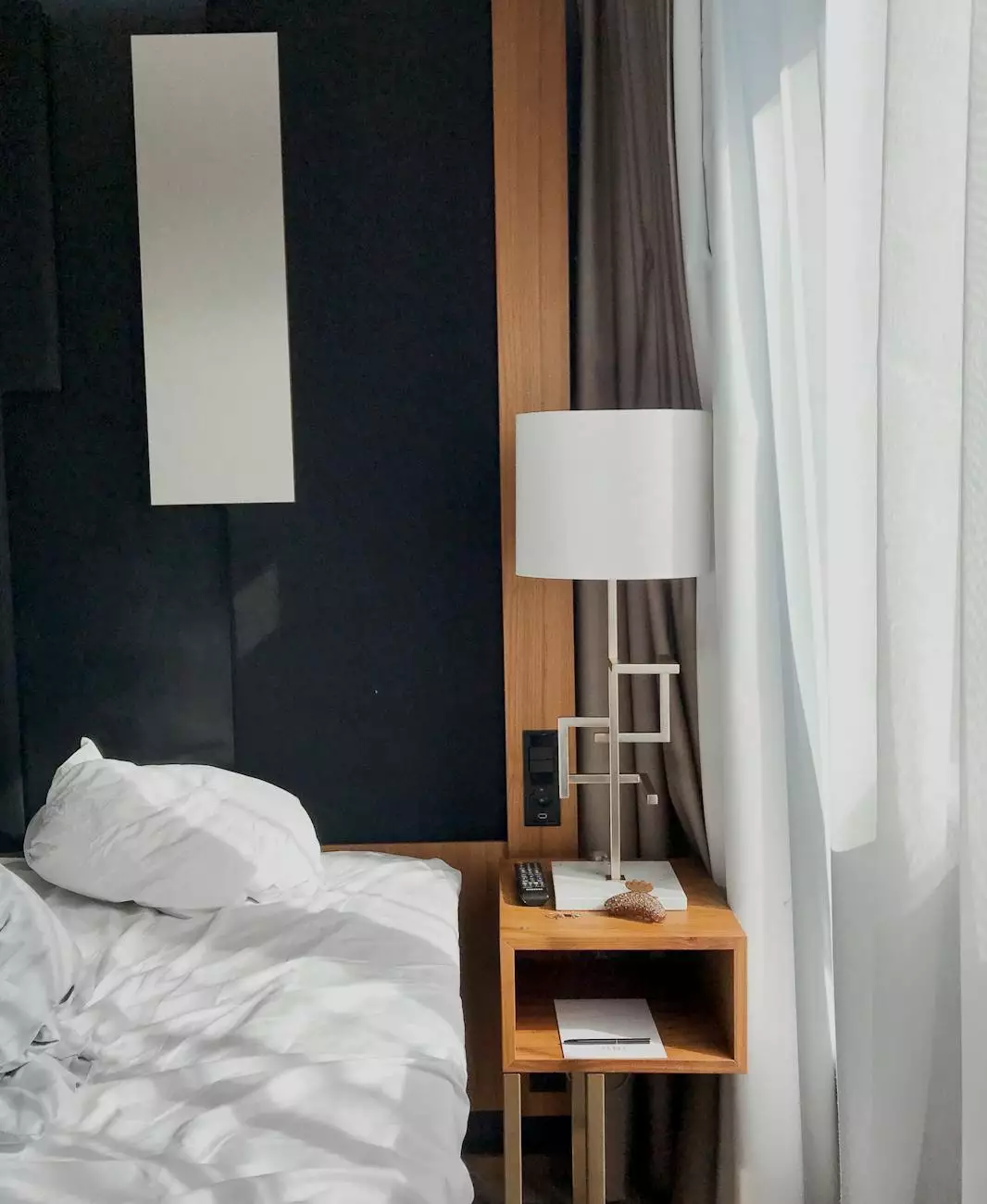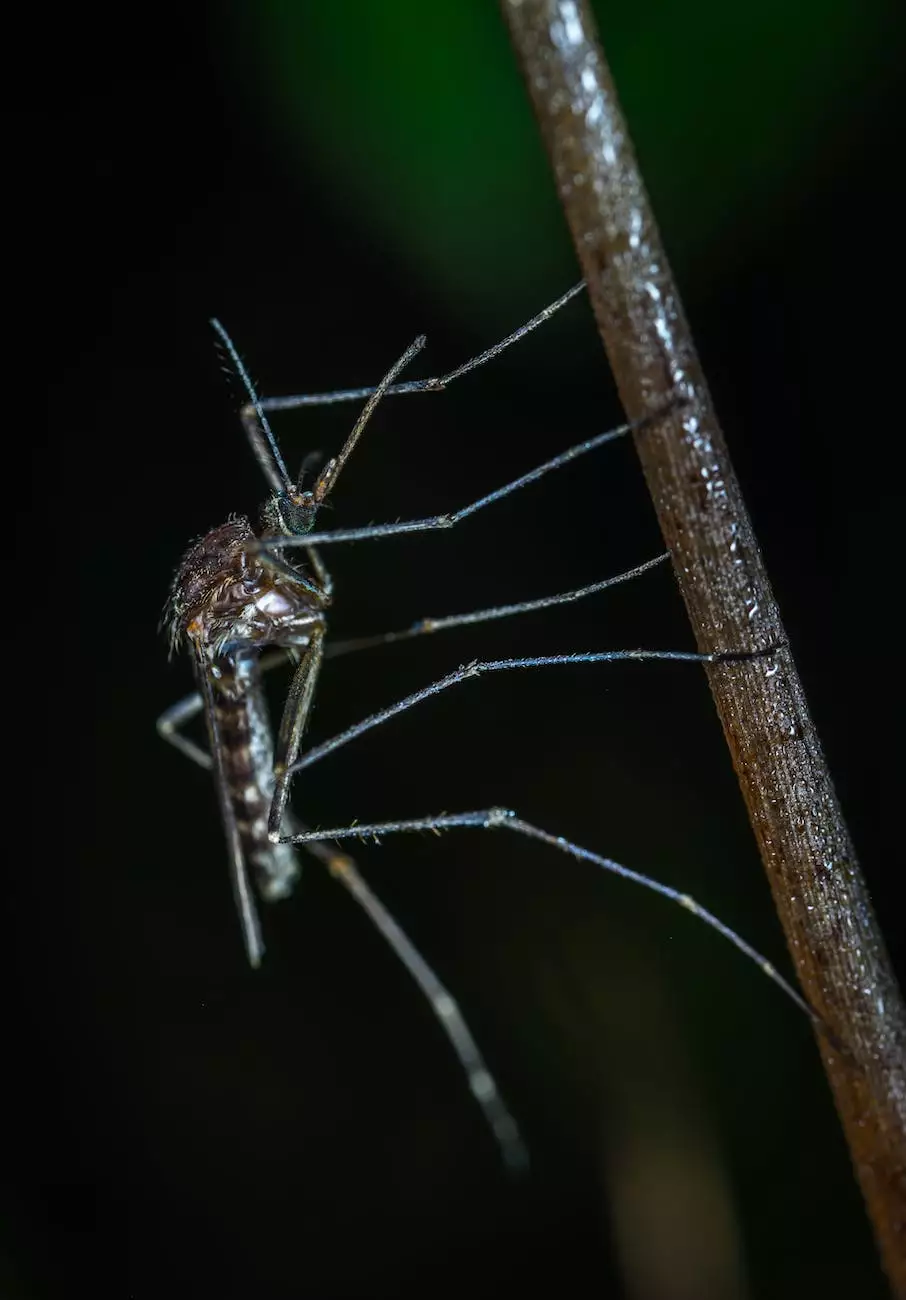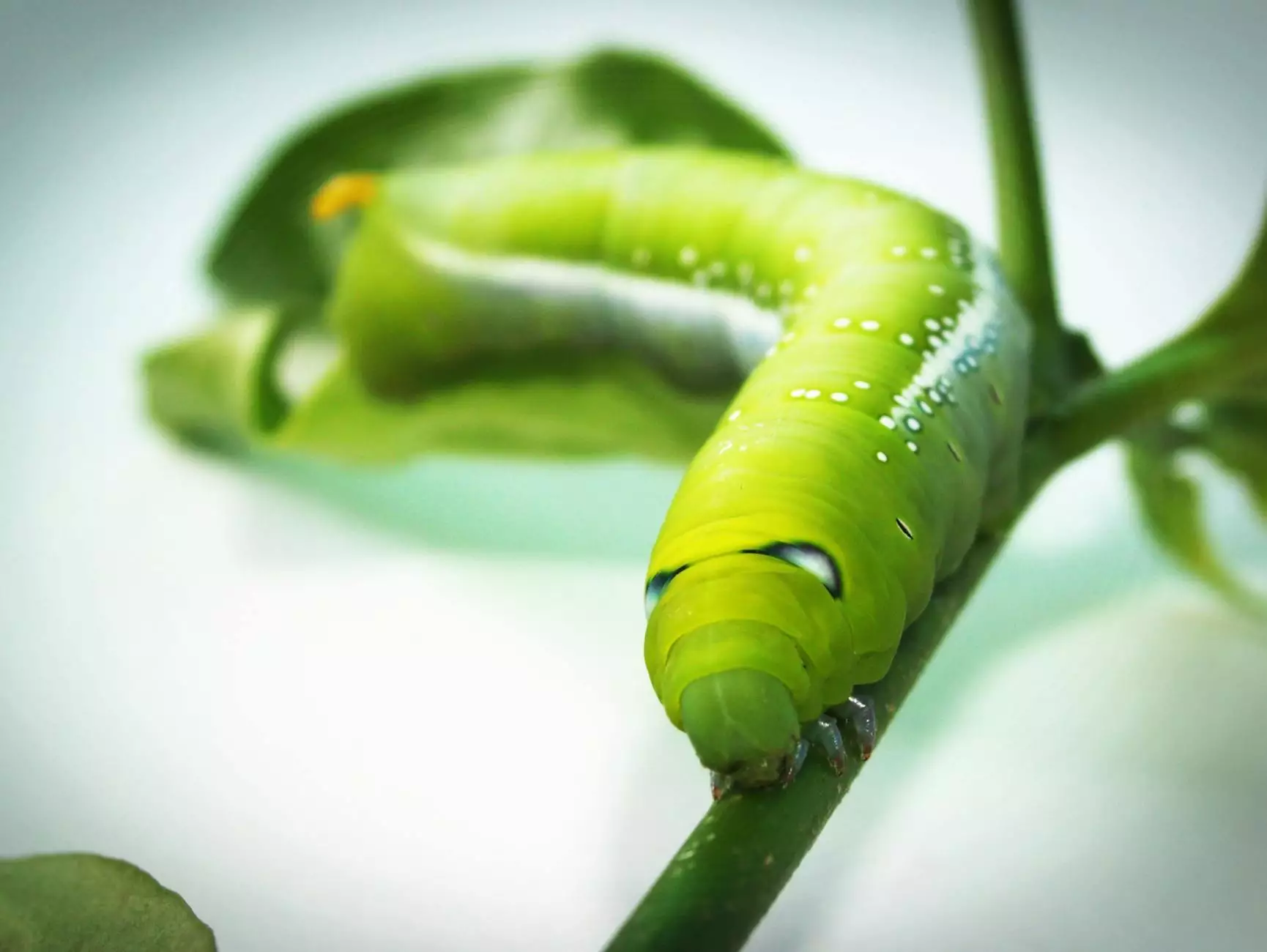Are They Hiding: Where Do Mosquitoes Go in the Winter?
Pest Control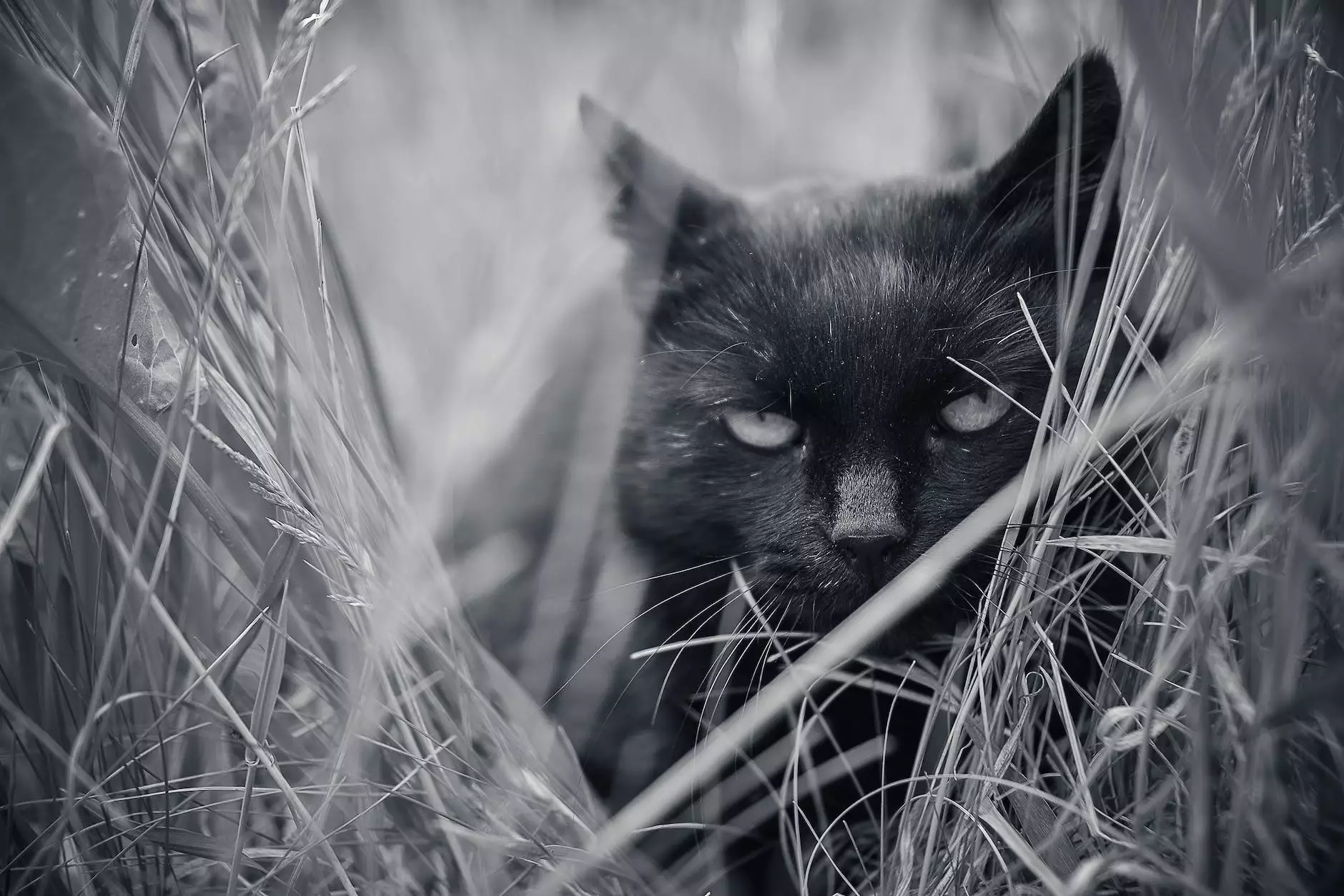
As the winter months approach, many people wonder where mosquitoes go during this cold season. The persistent buzzing and itchy bites that plagued you throughout the summer months seem to have disappeared. But are they really gone, or are mosquitoes hiding somewhere, waiting for the warmer days to return?
Understanding Mosquito Behavior
Before we dive into the mysterious whereabouts of mosquitoes in winter, it's crucial to understand their behavior. Mosquitoes are ectothermic, meaning they rely on external sources of heat to regulate their body temperature. As the temperature drops, their metabolic activities slow down, and they enter a state of dormancy.
Migratory Mosquitoes
Some mosquito species are migratory and travel to warmer regions during the winter months. These mosquitoes, known as migrant mosquitoes, fly long distances to find suitable overwintering habitats. They usually follow the warm weather and search for areas with stable temperatures, food sources, and suitable breeding sites.
However, not all mosquito species exhibit migratory behavior. Some species have adapted to survive colder temperatures, even in regions with harsh winters.
Overwintering Strategies
Mosquitoes employ several overwintering strategies to survive the winter:
1. Diapause
Diapause is a state of suspended development or growth that certain insect species enter in response to environmental cues. During diapause, mosquitoes typically find shelter in protected areas such as tree holes, burrows, or man-made structures like basements or crawl spaces.
They decrease their metabolic rate and become dormant until favorable conditions for breeding and feeding return. Some mosquito species lay their eggs in batches in areas prone to flooding, ensuring their survival when the water levels rise again.
2. Adult Hibernation
Unlike other insects that die off with the onset of winter, certain mosquito species can hibernate as adults. Hibernation helps them conserve energy and survive till spring arrives. They choose secluded locations like hollow logs, rock crevices, or even human-made structures to seek shelter during this period.
These sites provide them with protection from freezing temperatures and maintain a more stable microenvironment.
3. Larval Adaptations
Some mosquito species have larvae that can survive in frigid temperatures. These larvae possess adaptations that enable them to withstand freezing conditions. They bury themselves in the mud or leaf litter at the bottom of bodies of water, where the temperature remains relatively stable. This allows them to stay active and continue development even during winter.
Preventing Mosquitoes in the Winter
Although mosquito activity significantly decreases during winter, it's not uncommon to encounter these pests in certain situations. Here are some tips to prevent mosquitoes from returning during the colder months:
1. Eliminate Breeding Sites
Check your surroundings for any areas that might collect and hold water. Mosquitoes require standing water to lay their eggs, so empty, cover, or treat containers that can accumulate water. This includes flower pots, bird baths, gutters, and any other objects that can hold water for an extended period.
Regularly clean and maintain your swimming pool and keep it properly chlorinated during winter to prevent mosquito breeding.
2. Seal Entry Points
Make sure your home is well-sealed to prevent mosquitoes from entering. Repair any damaged window screens or gaps in doors and windows. Check for openings around utility lines, plumbing, and vents, and use weatherstripping or caulking to seal them.
3. Outdoor Maintenance
Trim bushes and shrubs regularly and remove accumulated debris from your yard. Mosquitoes seek shelter and resting places in dense vegetation, so an open and well-maintained outdoor space reduces their potential harborages.
Consider using outdoor mosquito repellents or installing mosquito traps in strategic locations to further decrease mosquito presence around your home.
Conclusion
While mosquitoes do exhibit various survival strategies during winter, their activity and population significantly decrease in cold climates. Understanding their behavior and implementing preventative measures can help you enjoy a mosquito-free winter. By eliminating breeding sites, sealing entry points, and maintaining your outdoor space, you can create an environment that discourages mosquitoes from returning when the temperatures rise again.
Always remember to consult with professionals or local mosquito control agencies for expert advice and assistance in dealing with mosquito-related issues in your area.


